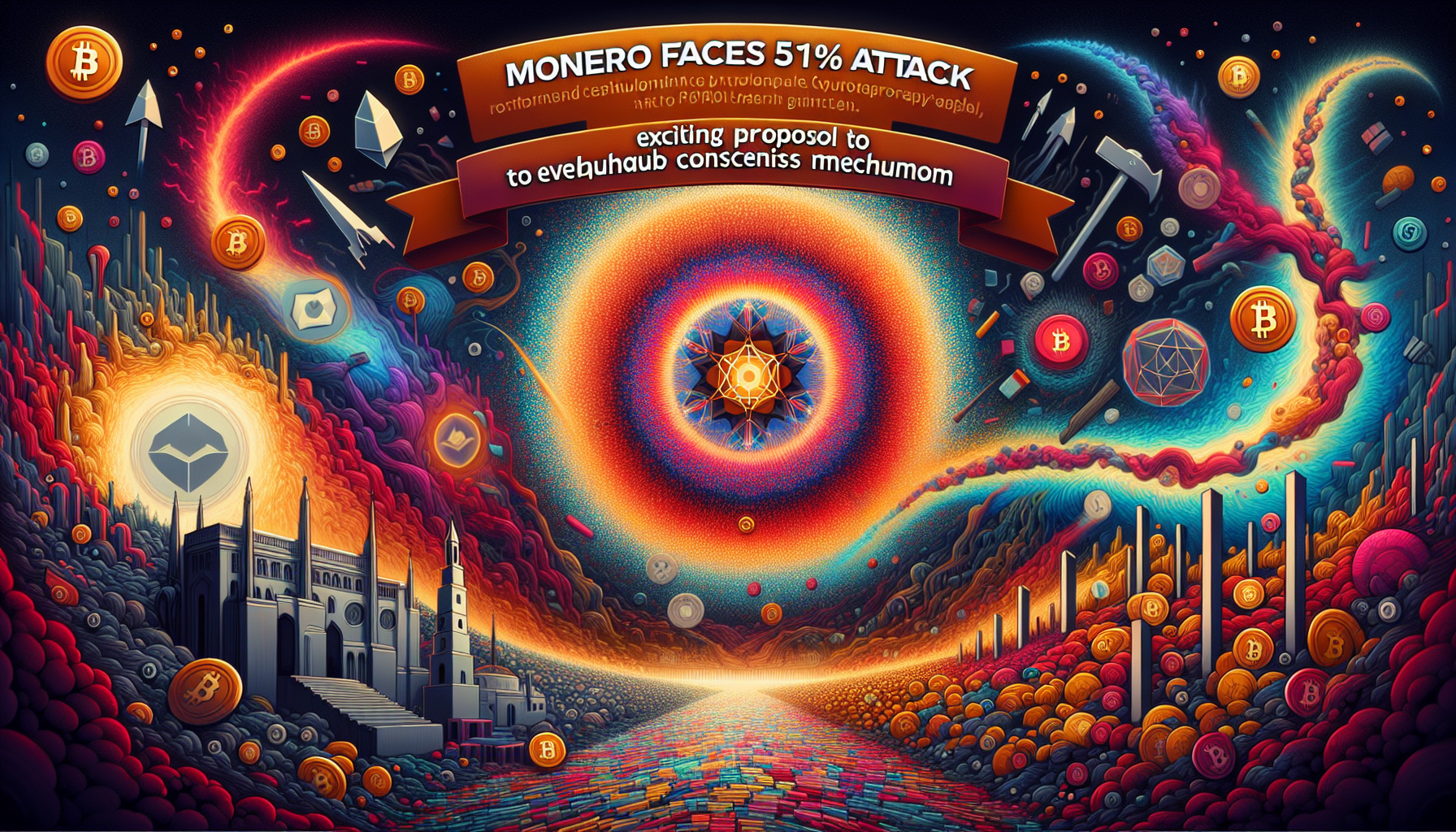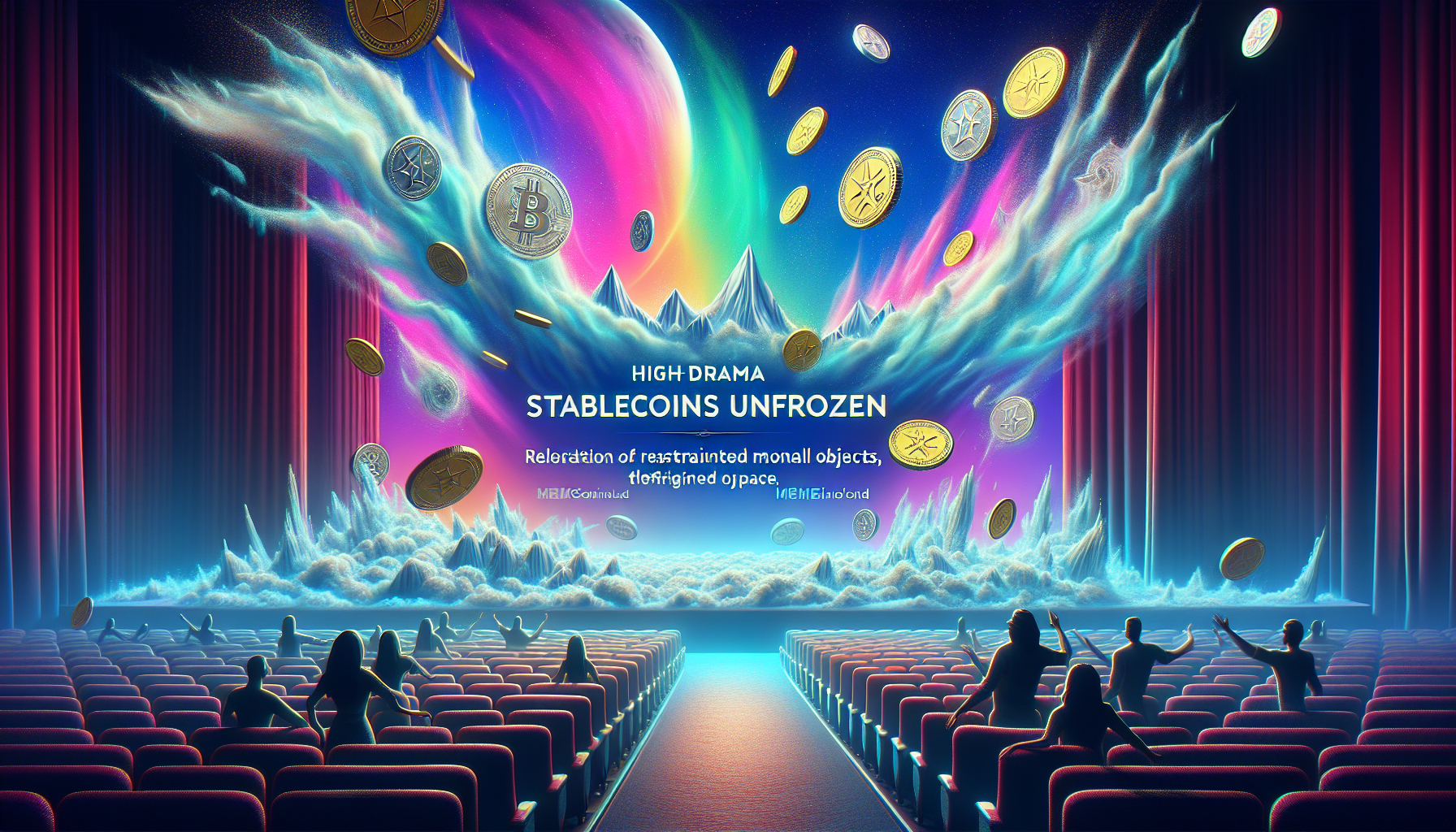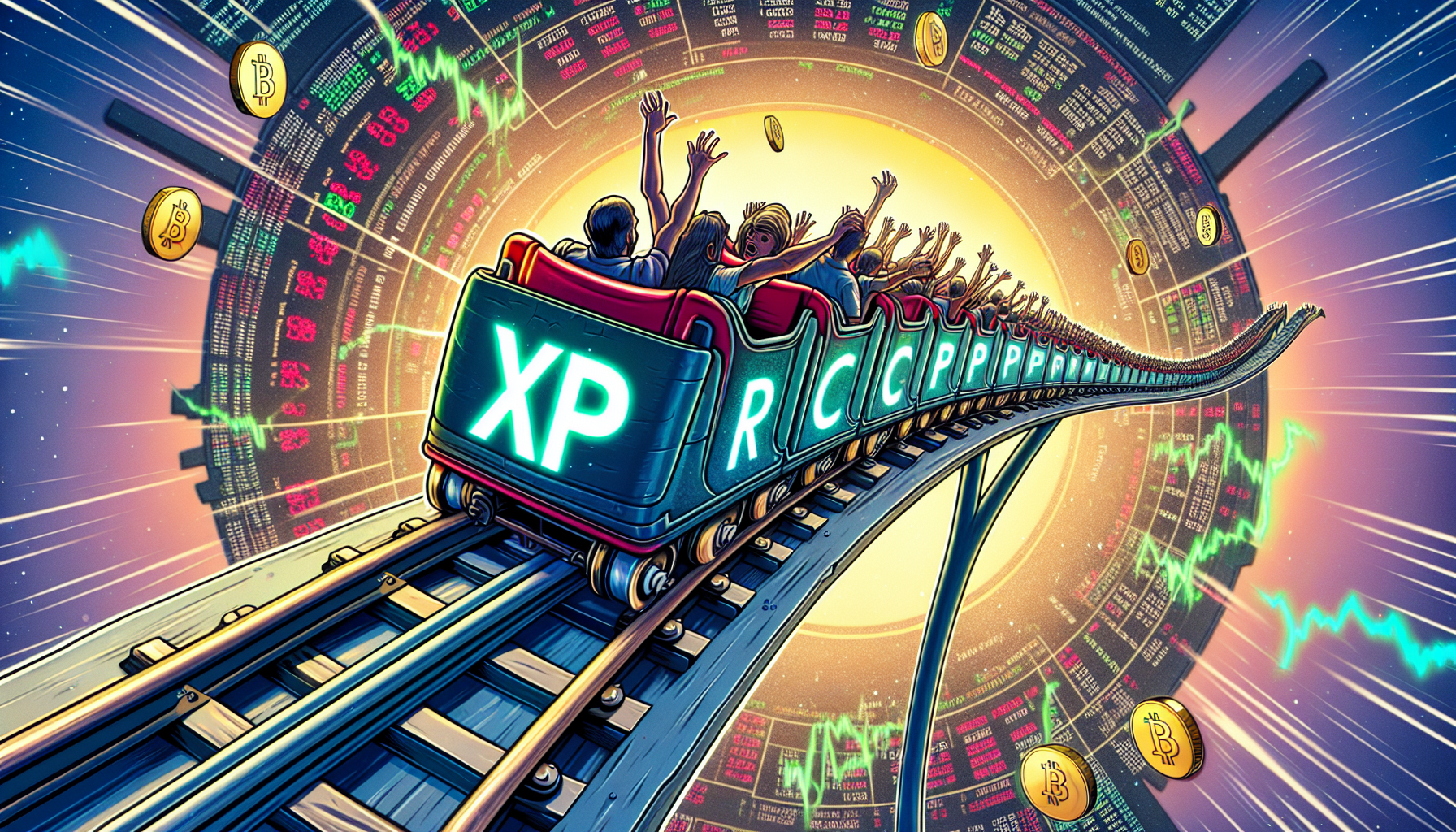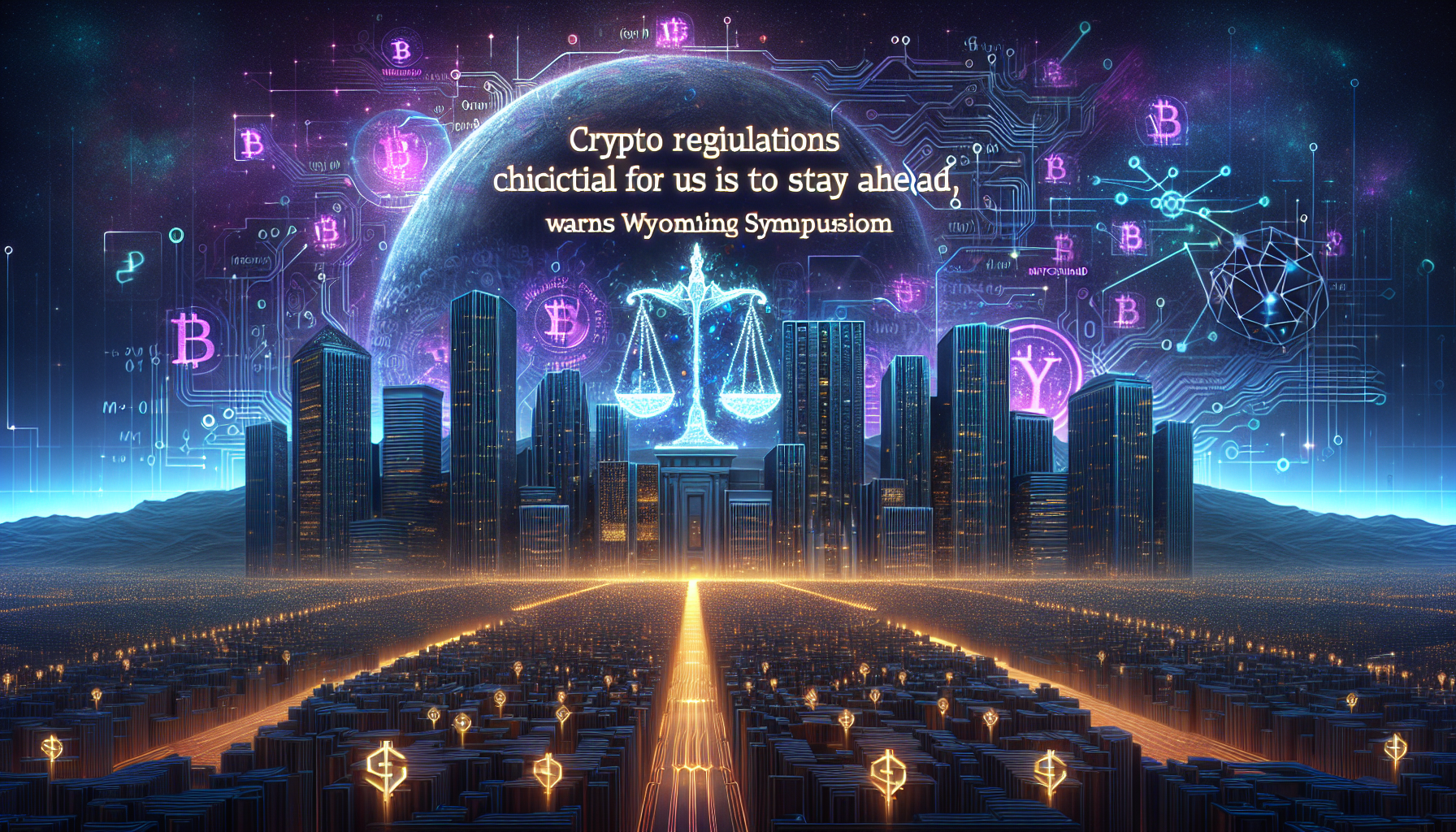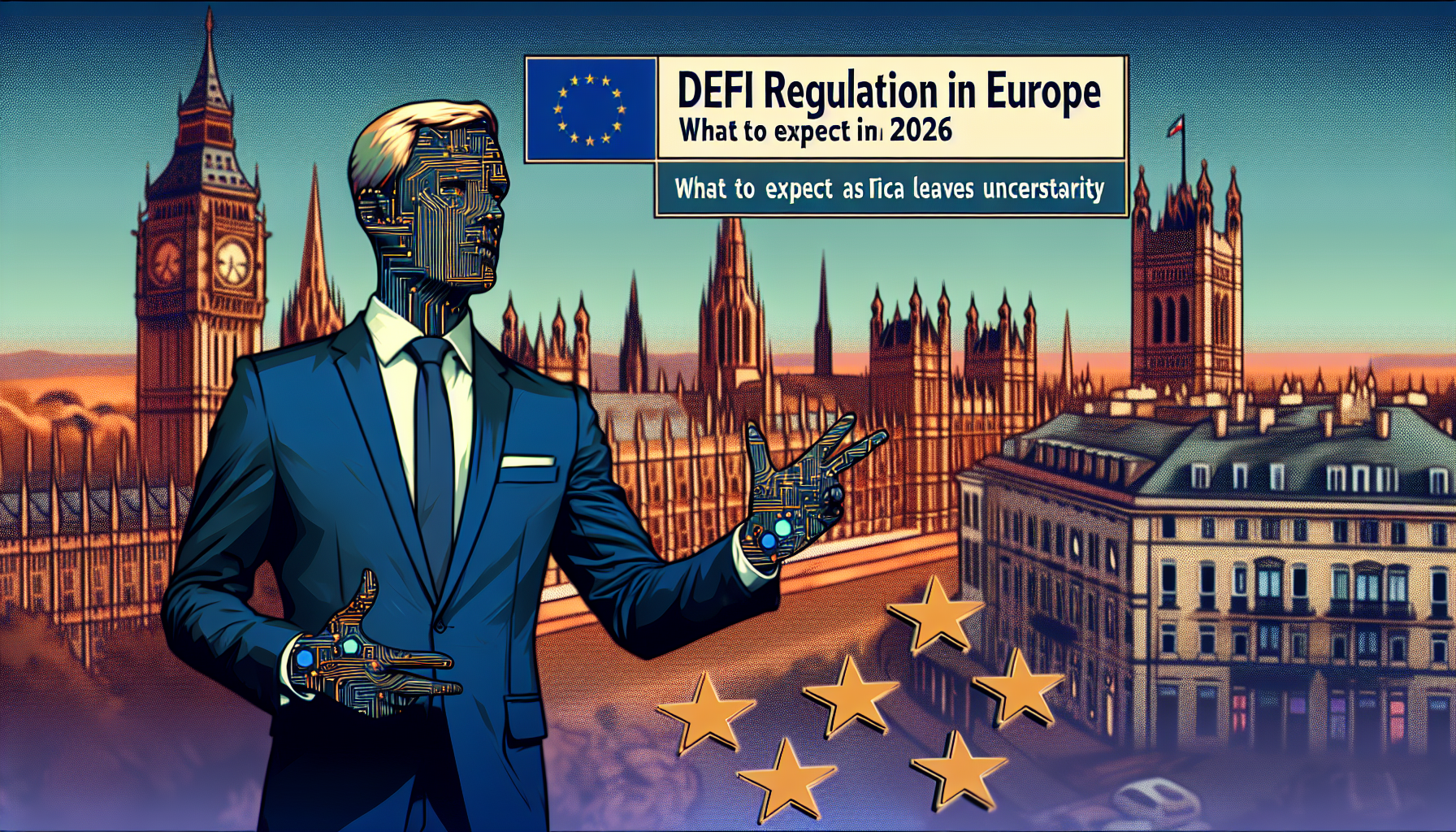 Europe is setting the stage for a seismic shift in the crypto universe. The continent is gearing up to regulate decentralized finance (DeFi) by 2026. This move is a big deal, especially as lawmakers are still wrestling with the concept of decentralization under the Markets in Crypto-Assets (MiCA) framework.
Europe is setting the stage for a seismic shift in the crypto universe. The continent is gearing up to regulate decentralized finance (DeFi) by 2026. This move is a big deal, especially as lawmakers are still wrestling with the concept of decentralization under the Markets in Crypto-Assets (MiCA) framework.
The European Union is on a mission to bring clarity and order to the wild west of DeFi. But here’s the kicker: defining decentralization isn’t as easy as it sounds. The MiCA framework, which aims to provide a comprehensive regulatory structure for crypto assets, has left DeFi hanging in a state of limbo. This uncertainty has sparked a flurry of debates among crypto enthusiasts and policymakers alike.
Why all the fuss? Well, DeFi is like the rebellious teenager of the financial world—unpredictable, innovative, and sometimes misunderstood. It operates without intermediaries, relying on smart contracts and blockchain technology to facilitate transactions. This autonomy is both its strength and its Achilles’ heel, making it a tricky beast to regulate.
As Europe inches closer to 2026, the pressure is mounting. Lawmakers are tasked with crafting regulations that foster innovation while ensuring security and transparency. It’s a delicate balancing act, akin to walking a tightrope over a sea of volatility.
Crypto experts are watching closely, eager to see how Europe will navigate this regulatory labyrinth. The outcome could set a precedent for other regions grappling with similar challenges. Will Europe emerge as a leader in DeFi regulation, or will it stumble under the weight of its own ambitions?
The clock is ticking, and the stakes are high. As we edge closer to 2026, one thing is certain: the world of DeFi is on the brink of transformation. So, buckle up and stay tuned—this is one crypto journey you won’t want to miss.

